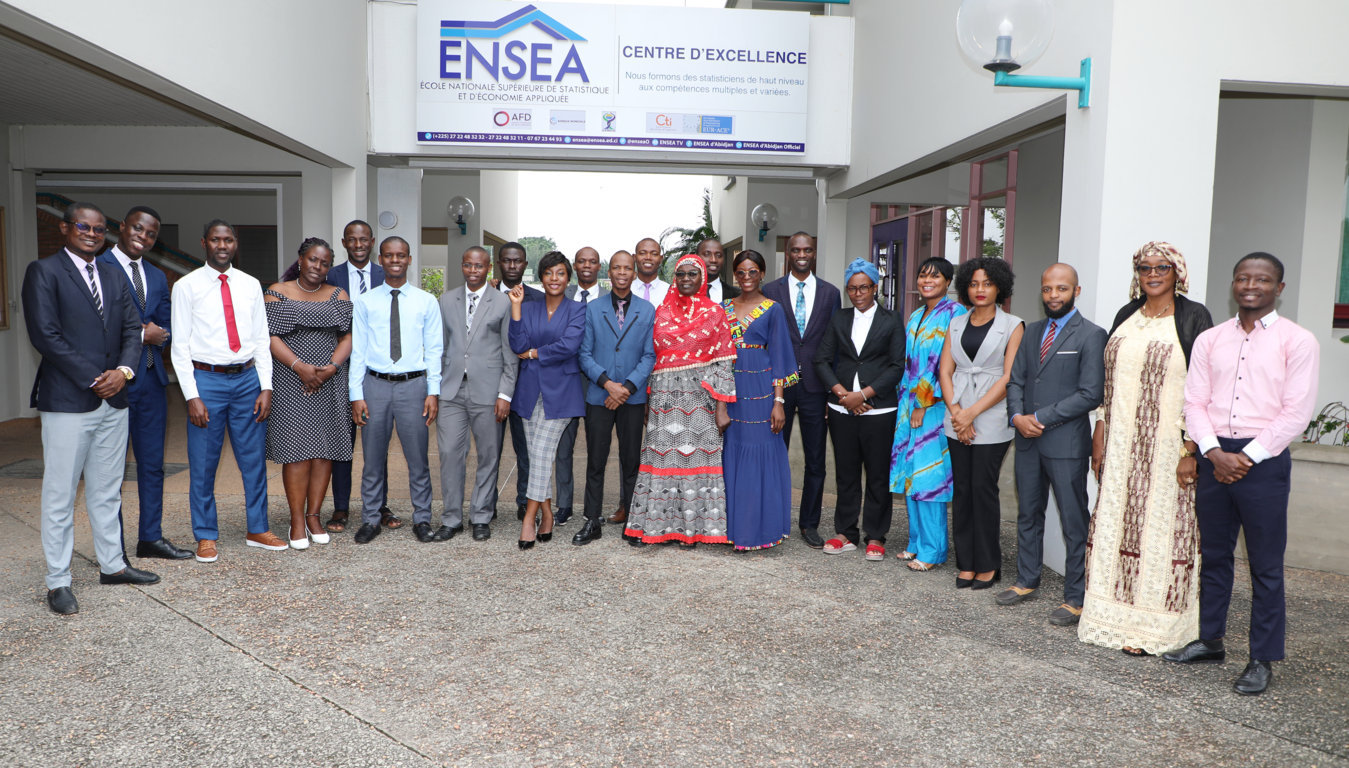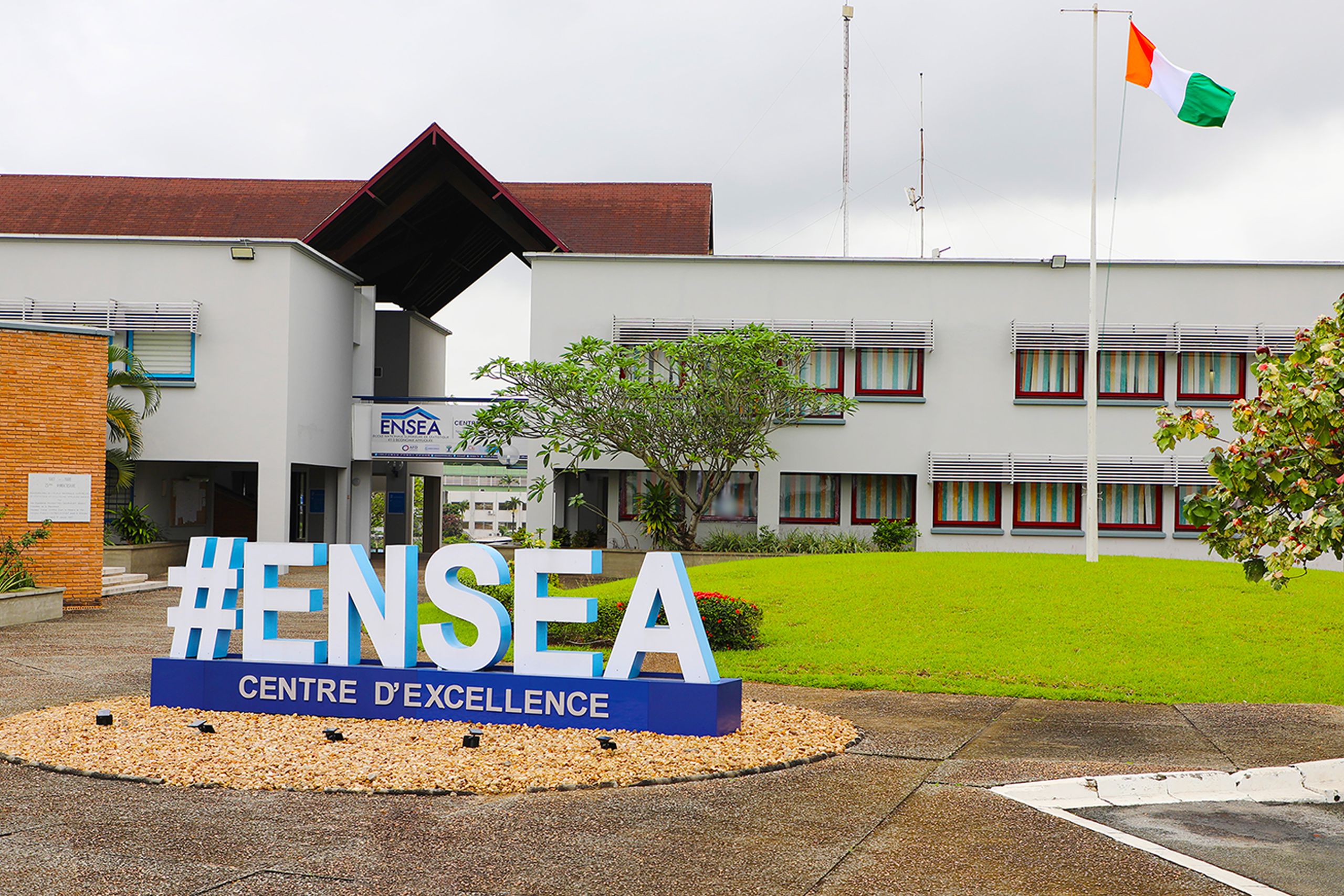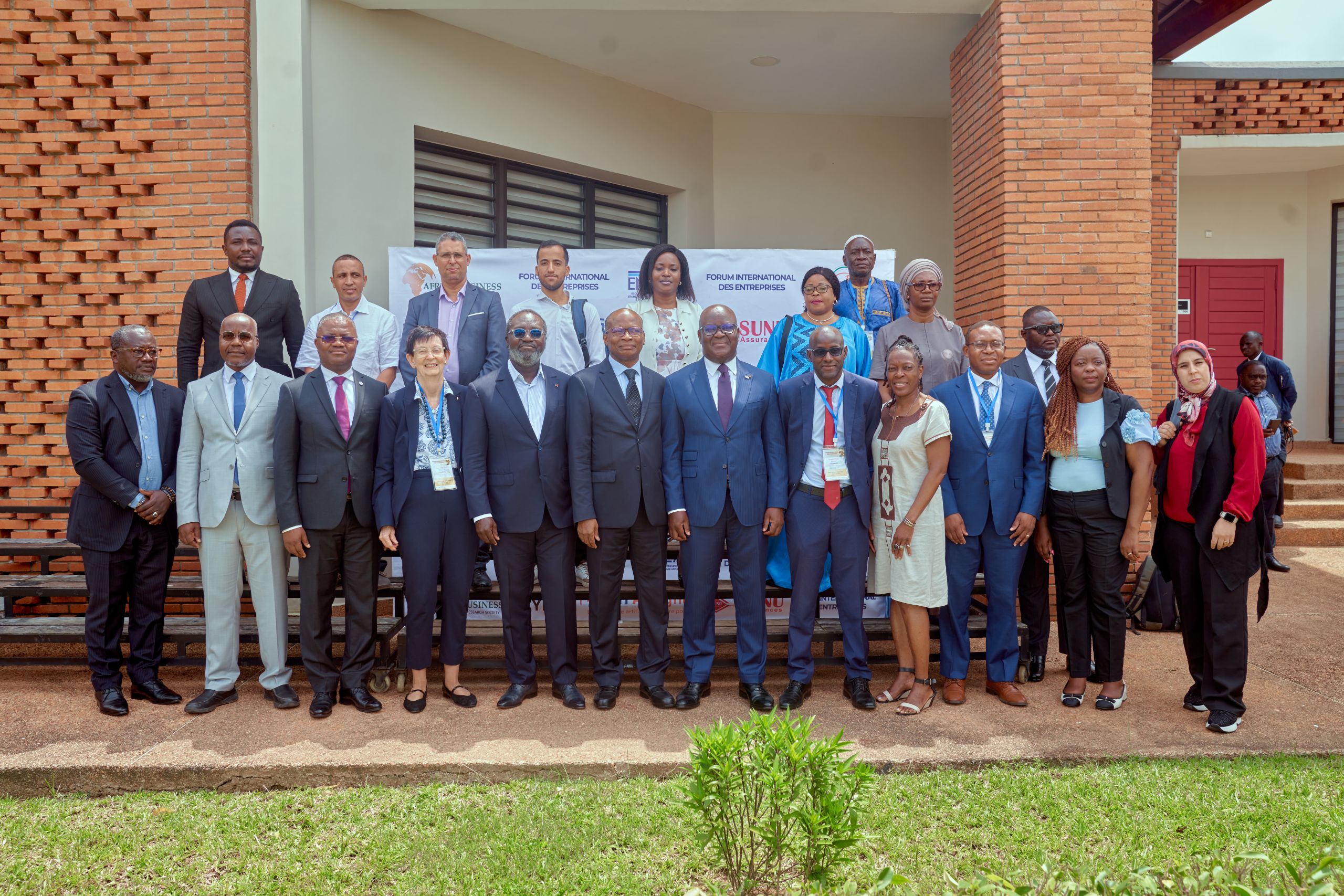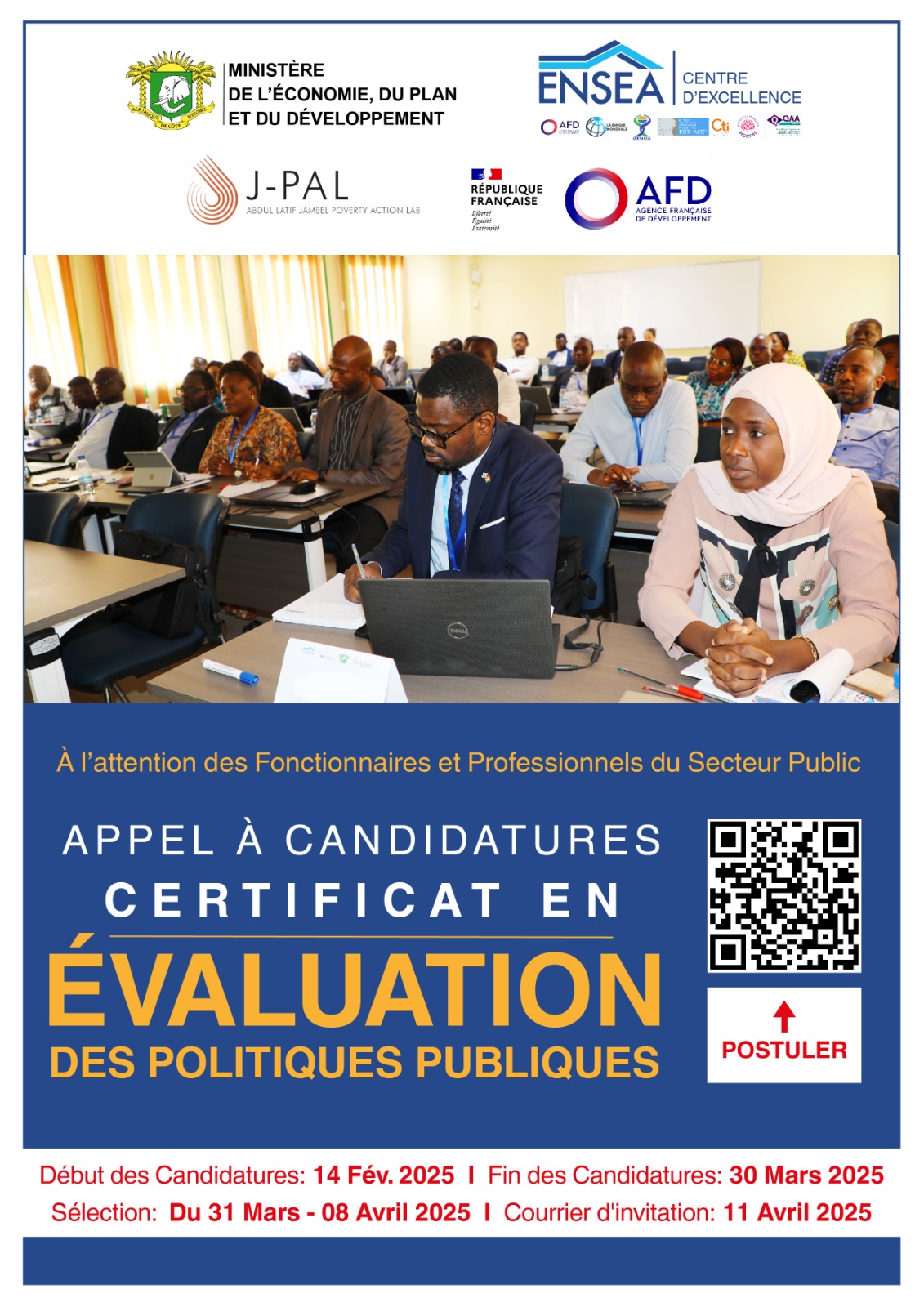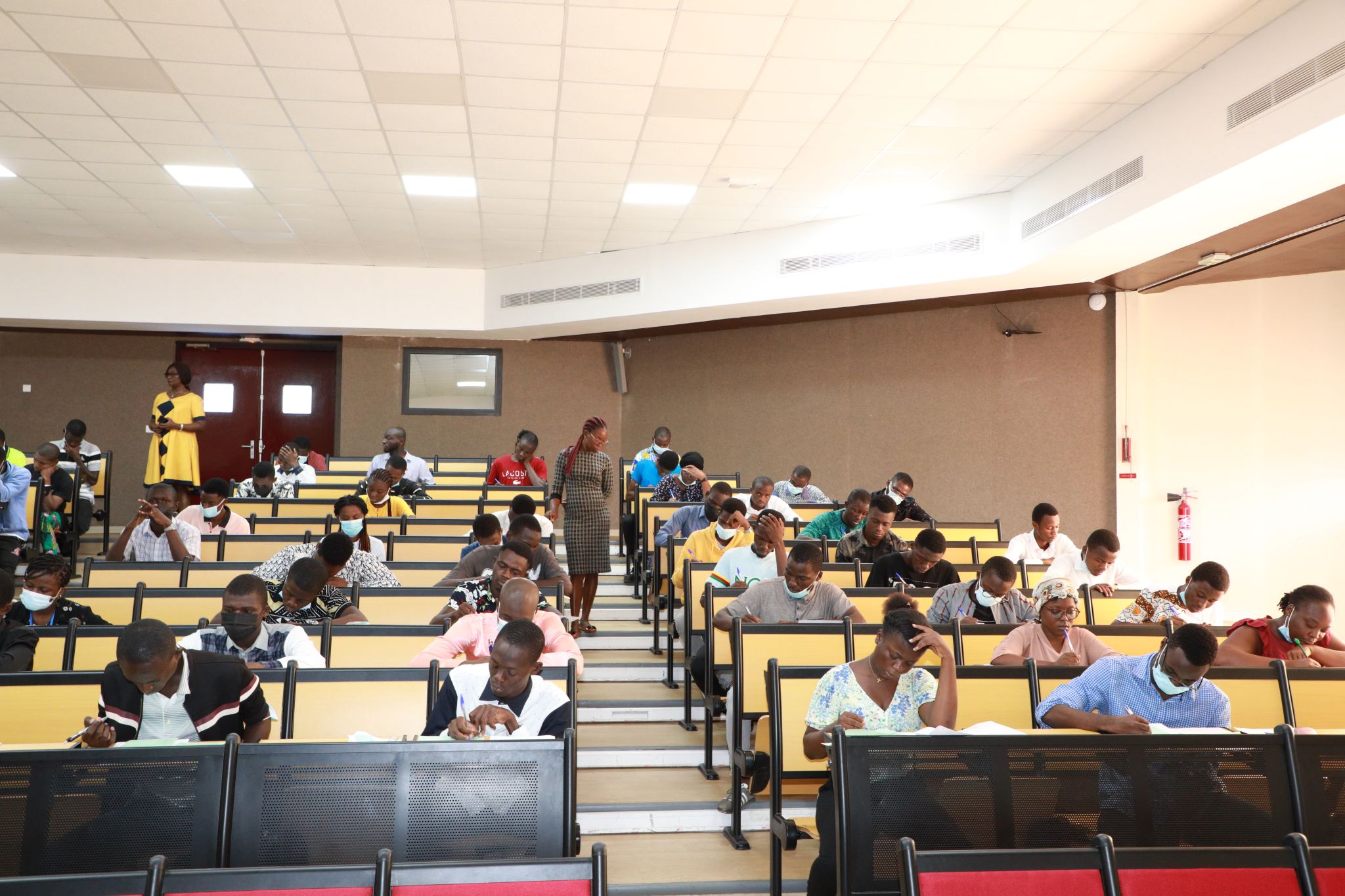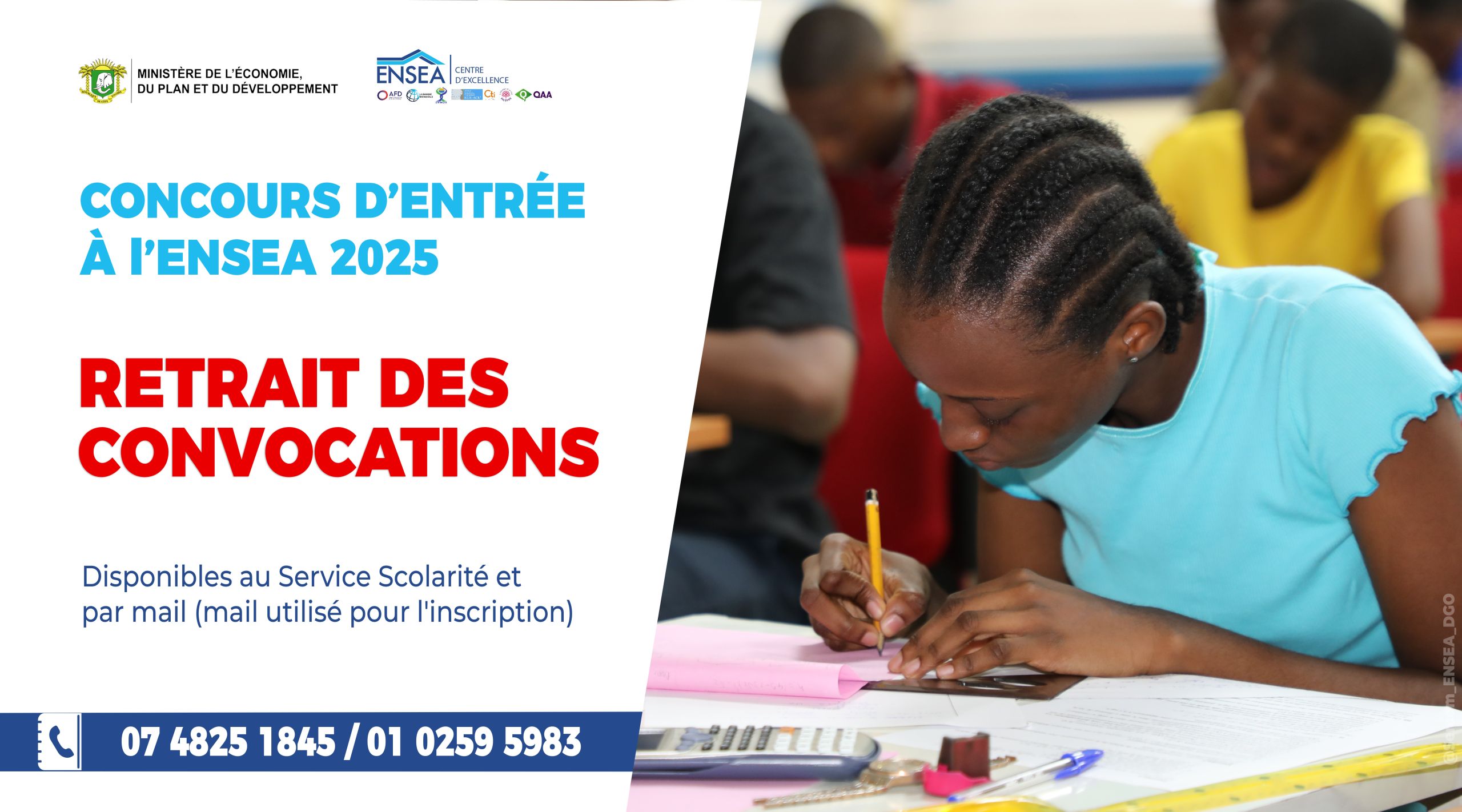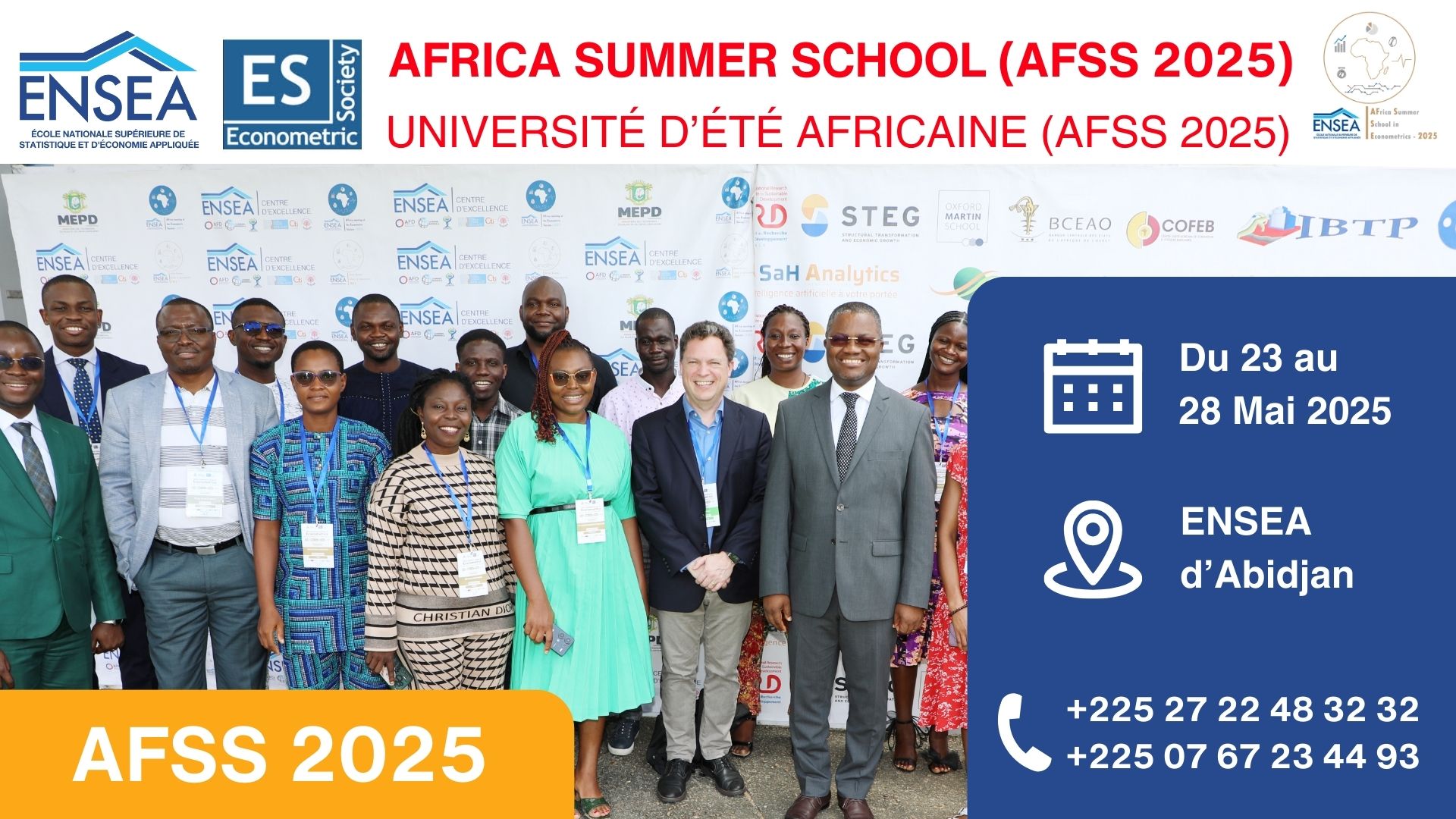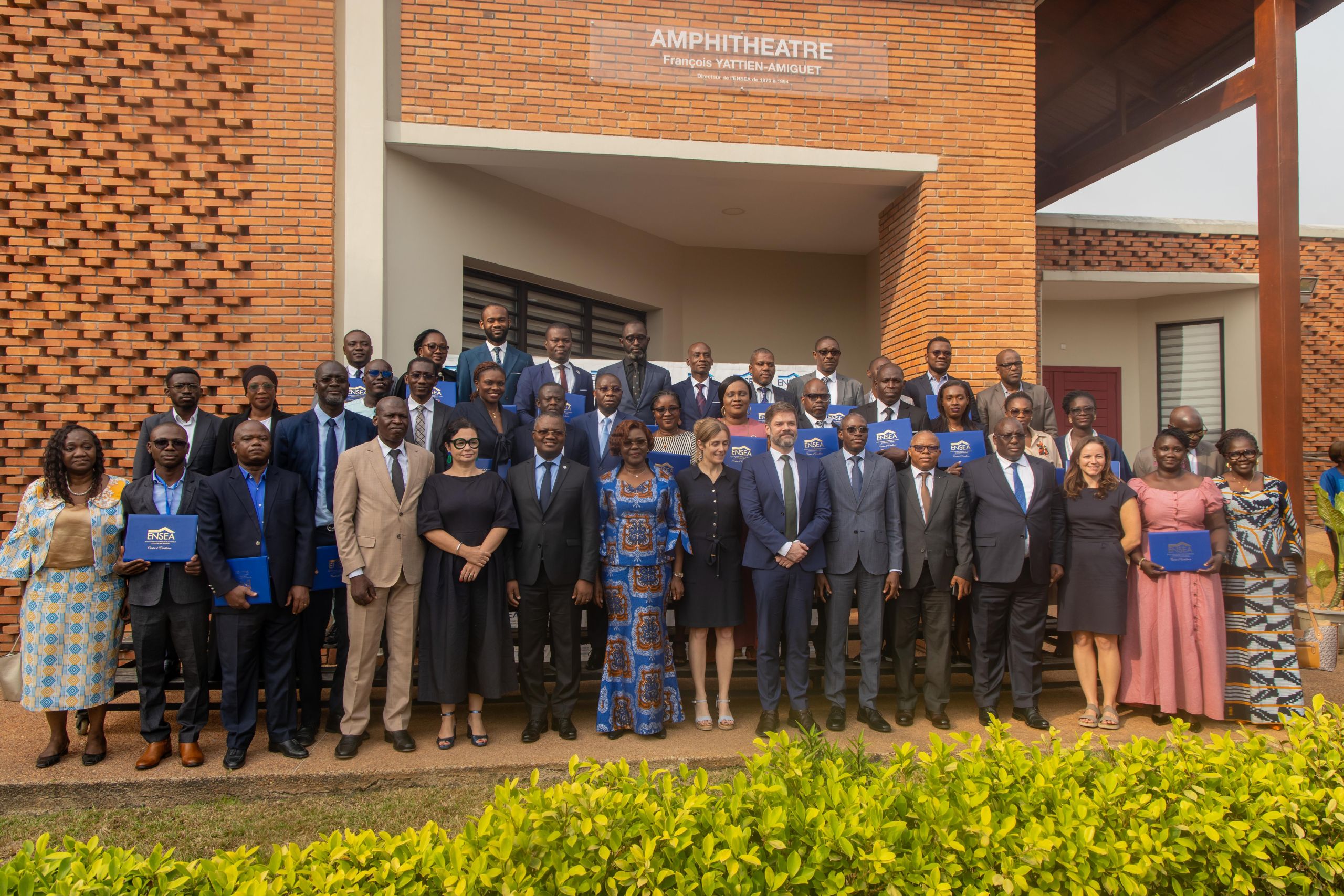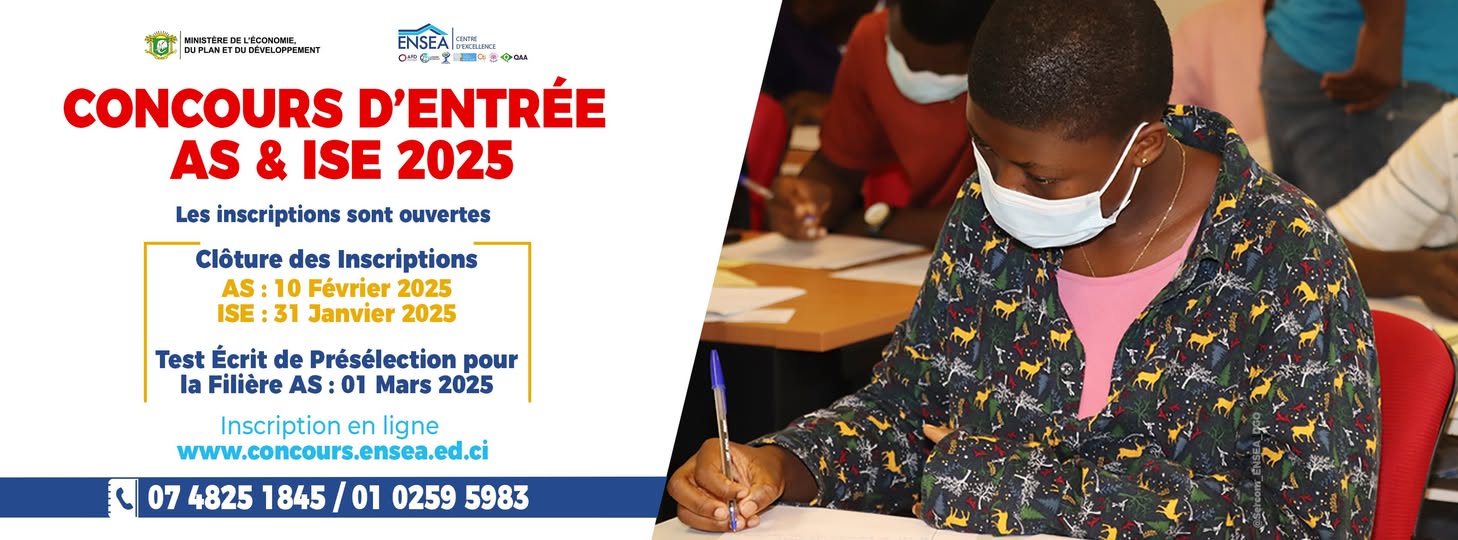Studies and Research
Don’t miss any of our news!

Avenue des grandes écoles
Cocody, Abidjan
Côte d’ivoire- +225 27 22 44 08 42
- +225 07 67 23 46 93
- Monday – Friday : 8:00 – 17:00

Avenue des grandes écoles
Cocody, Abidjan
Côte d’ivoire- +225 27 22 44 08 42
- +225 07 67 23 46 93
- Monday – Friday : 8:00 – 17:00
ADMISSION


